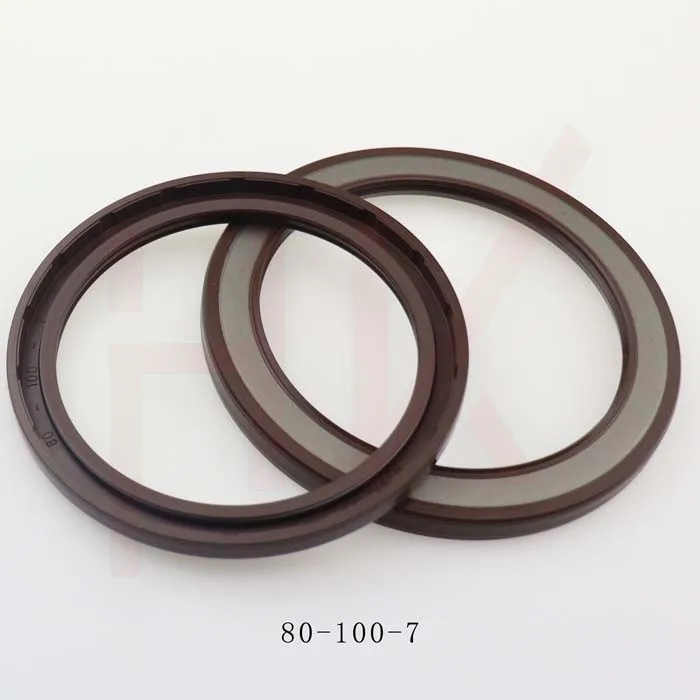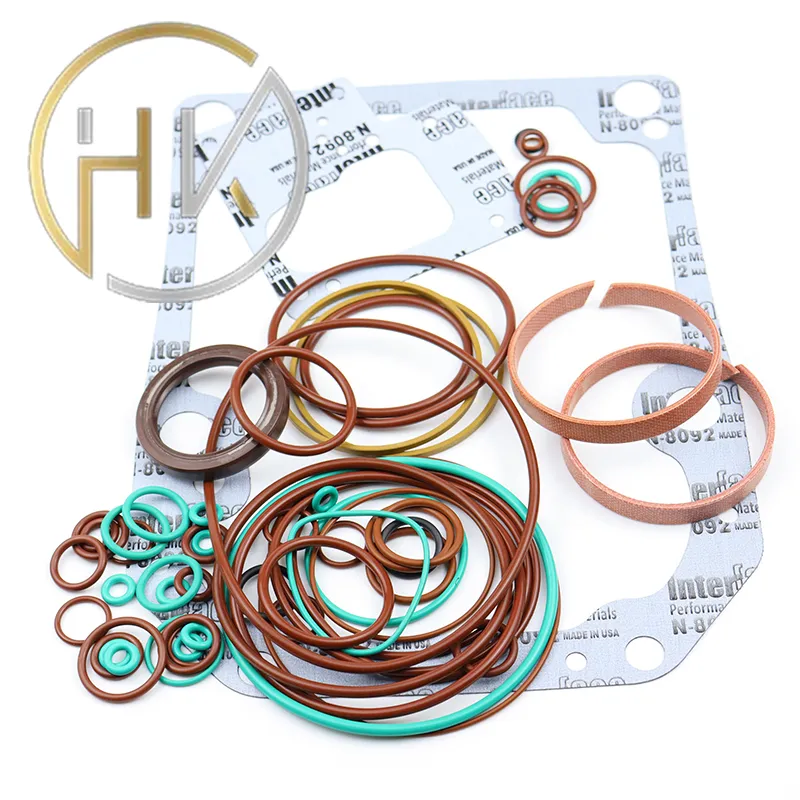Jan . 15, 2025 04:14 Back to list
Standard Wheel Hub Oil Seal For Agricultural Machinery


For those in the agriculture sector, sourcing seals from reputable manufacturers who understand the unique challenges of agricultural machinery can make all the difference. These manufacturers often have dedicated research and development teams that ensure their products are at the cutting edge of performance and reliability. Moreover, they conduct rigorous testing under simulated working conditions to ensure the seals perform optimally in real-life situations. Customer testimonials and case studies provide evidence of a seal's performance, contributing to the trustworthiness of a product. A thorough evaluation of these elements before making a purchase can save farms considerable time and money. Enhanced durability leads to reduced maintenance intervals, lesser downtime, and an extended lifespan of equipment. In conclusion, the role of seals in agriculture is both extensive and essential, demanding attention from those looking to harness their benefits. By focusing on performance, reliability, and resilience, and ensuring appropriate selection and maintenance, these small components deliver substantial advantages in agricultural productivity. Probing into the latest advancements and staying informed about products designed specifically for agricultural settings empowers farmers and industry professionals to uphold the highest standards of operational efficiency and productivity.
-
The Trans-formative Journey of Wheel Hub Oil Seals
NewsJun.06,2025
-
Graphene-Enhanced Oil Seals: Revolutionizing High-Pressure Oil Sealing
NewsJun.06,2025
-
Future of Hydraulic Sealing: Advanced Intelligent TCN Oil Seals
NewsJun.06,2025
-
Don’t Let a Broken TCV Oil Seal Ruin Your Day
NewsJun.06,2025
-
Bio-Inspired Dust Seals for Better Sealing Performance
NewsJun.06,2025
-
Biodegradable and Sustainable Hydraulic Seal Materials
NewsJun.06,2025
-
Top Oil Seal Solutions for Your Industrial Needs
NewsMay.22,2025
Products categories
















